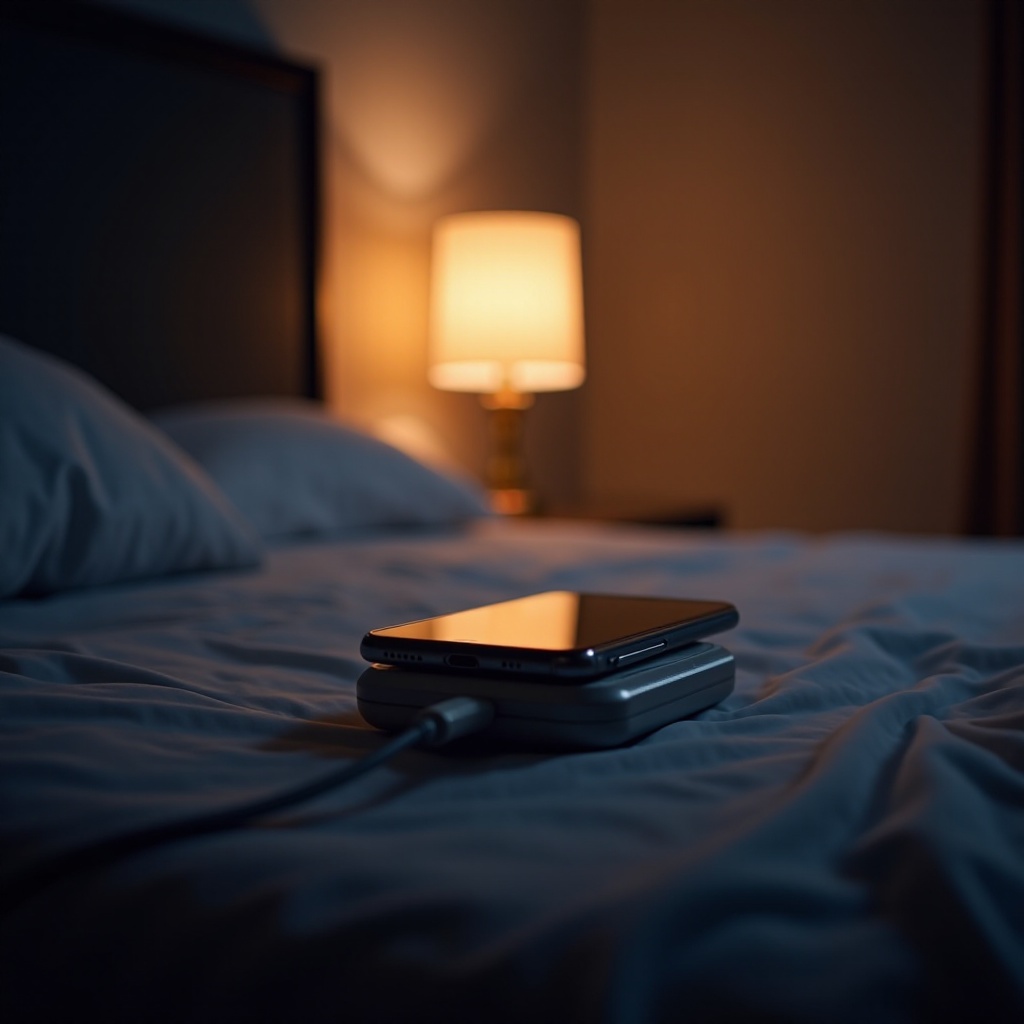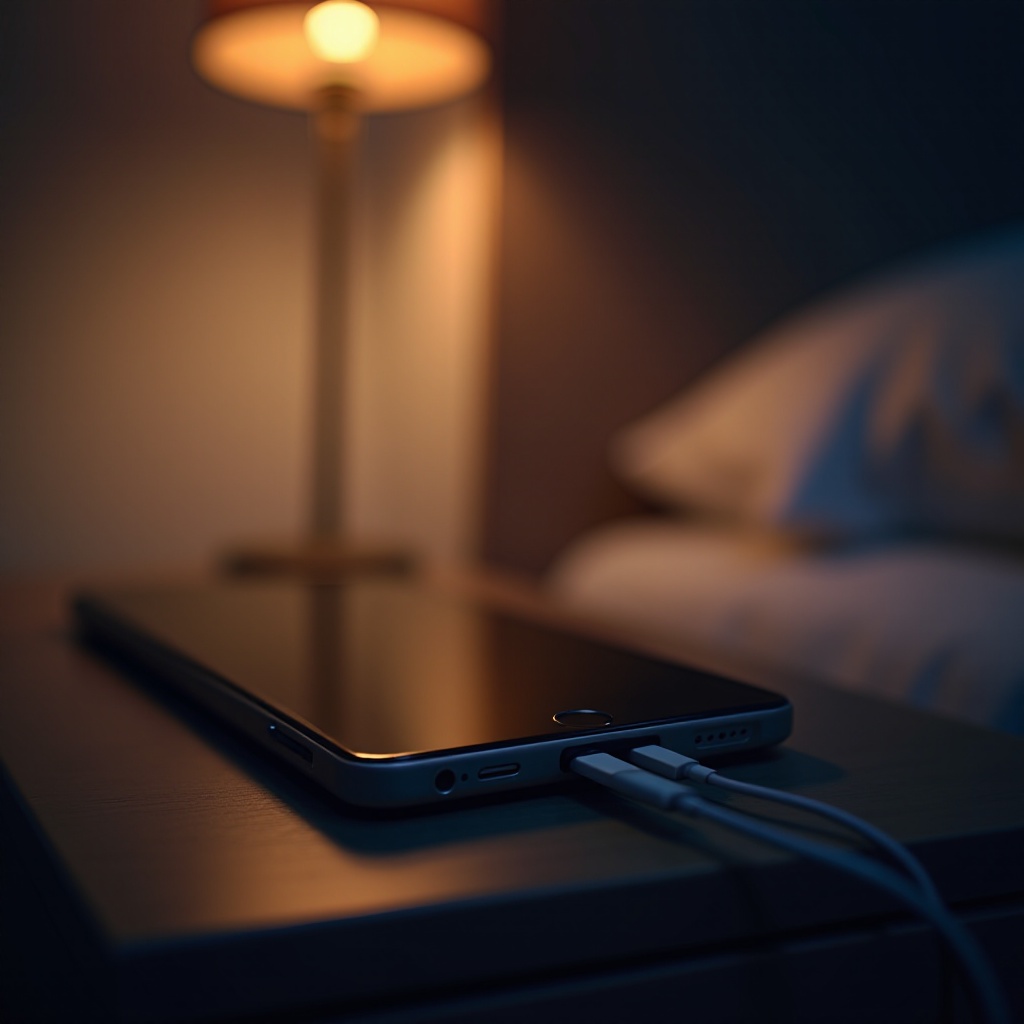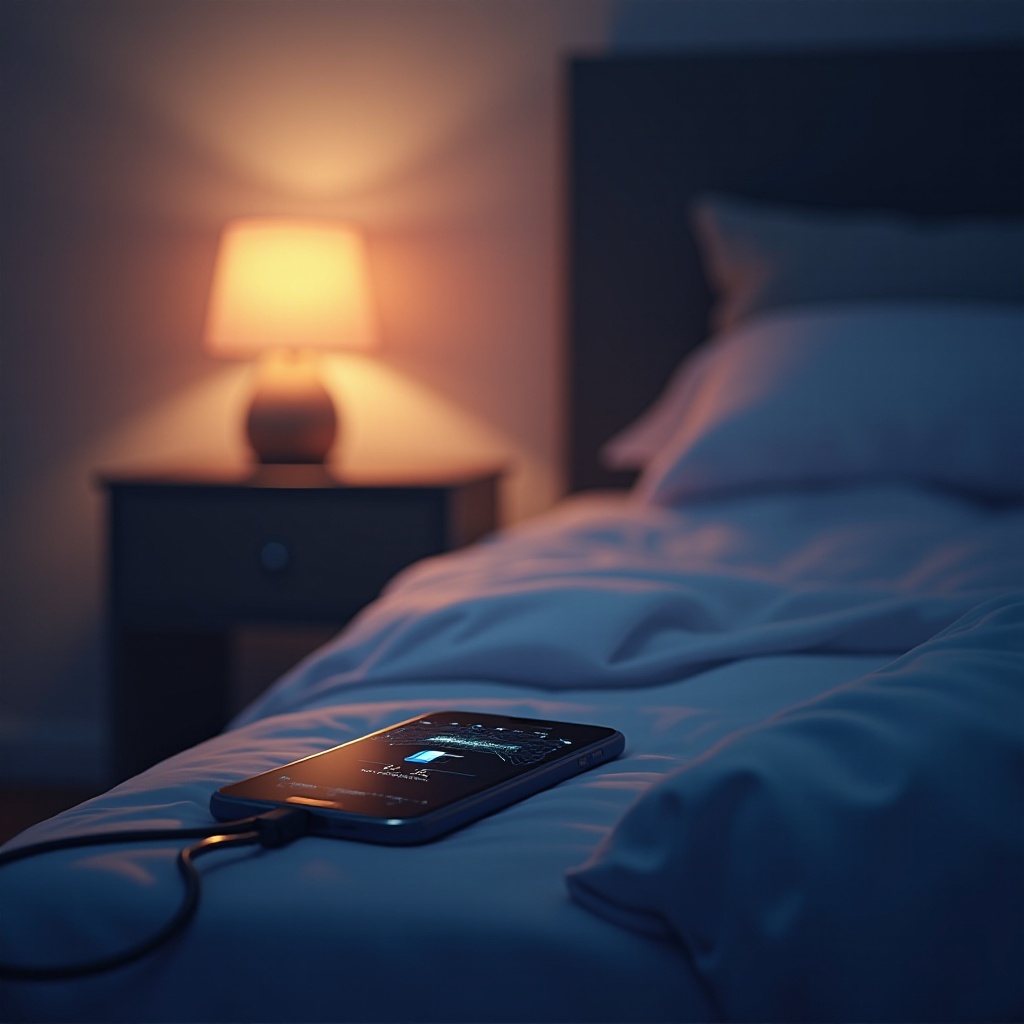
Introduction
In today’s fast-paced world, the convenience of waking up to a fully charged phone cannot be understated. Many of us instinctively plug in our smartphones overnight. But this often raises an essential concern: does charging your phone overnight damage the battery? Understanding this can not only save your device but extend its overall battery life. This guide explores smartphone battery technology, dispels common myths, and provides actionable tips to help you make informed decisions about overnight charging.

Understanding Smartphone Battery Technology
Before diving into overnight charging habits, it is crucial to comprehend how smartphone batteries function. Most modern smartphones utilize lithium-ion batteries known for their high energy density and durability. The process of energy exchange involves moving lithium ions between electrodes, a cycle that gradually wears down the battery’s ability to hold a charge over time.
Battery capacity, usually measured in milliampere-hours (mAh), defines how much charge a battery can store. Recognizing that every lithium-ion battery has a finite number of charge cycles is key to appreciating the impact of our charging habits. It can illuminate how practices like overnight charging might affect battery longevity, thus guiding how we approach charging our devices.

Common Myths About Overnight Charging
The topic of overnight charging is shrouded in myths. A prevalent belief is that leaving a phone plugged in overnight leads to overcharging. However, most phones are equipped with systems to prevent this. Another prevailing myth is that overnight charging causes overheating. While inadequate ventilation may contribute to this, safety features designed into modern phones typically prevent such issues.
Another common misconception is that complete discharges are better for battery longevity. The contemporary approach encourages partial rather than full discharges, making overnight charging less detrimental than once thought. As these myths unravel, a clearer understanding of charging dynamics takes shape, reinforcing the importance of accurate information.
What Happens When You Charge Your Phone Overnight?
To understand overnight charging better, it’s vital to recognize the processes involved. Initially, rapid charging brings the battery up to approximately 80%, at which point a slower, more controlled version called trickle charging comes into play.
Built-in Safeguards in Modern Smartphones
Smartphones today are built with advanced battery management systems. These systems cut off charging once the battery is full, thus preventing overcharging and extending the battery life.
The Role of Trickle Charging
Trickle charging fills the last portion of the battery slowly, which generates less heat and imposes minimal stress on the battery. This lowers the risk of battery wear caused by keeping the device plugged in overnight, especially for phones with updated operating systems and battery management capabilities.
Impact of Overnight Charging on Battery Lifespan
Assessing the effect of overnight charging on battery lifespan unveils a nuanced picture. While overcharging fears are largely mitigated by technology, the cumulative effect of using charge cycles still plays a role.
Manufacturer Insights and Recommendations
Brands like Apple and Samsung advise maintaining battery levels between 20% and 80% for optimal longevity. These companies have designed devices to handle overnight charging safely but note that repetitive cycle completion could eventually deplete the battery.
Recent Studies and Technological Advancements
Current research concurs that while trickle charging doesn’t instantly harm battery health, it can gradually diminish performance. Innovations such as AI-driven battery management offer optimism, customizing charging cycles to match individual usage patterns, representing a leap forward in battery technology.

Best Practices for Charging Your Phone
Knowing best practices can optimize your smartphone battery’s lifespan, whether charging overnight or during the day.
Charging Habits to Avoid
It’s advisable to prevent your phone battery from reaching zero. Instead, keep it within a moderate range. Similarly, keep your phone away from extreme heat or cold to protect battery efficiency.
Using Certified Chargers and Cables
Using certified chargers ensures safe voltage transfer and minimizes the risk of damaging your battery. Non-standard accessories might introduce hazards, both to battery integrity and personal safety.
Conclusion
The debate on whether overnight charging damages phone batteries reveals no simple verdict. Modern phones integrate technology that decreases immediate threats. Still, adopting proactive charging practices and staying informed about battery health can sustain your device’s functionality over time. By strategically managing myths and relying on trusted accessories, you secure your smartphone’s battery, reinforcing the value of mindful usage and technological literacy.
Frequently Asked Questions
Is it safe to leave your phone on charge overnight?
Yes, modern smartphones have safeguards against overcharging, making it generally safe. However, following best charging practices can optimize battery health.
Can overnight charging cause overheating in phones?
While possible, built-in safeguards and trickle charging commonly prevent overheating. It’s advisable to charge phones on hard, flat surfaces to allow heat dissipation.
What are the best charging practices for extending battery lifespan?
Avoid fully depleting the battery, maintain a charge level between 20% and 80%, and use certified charging accessories for optimal battery health and safety.
